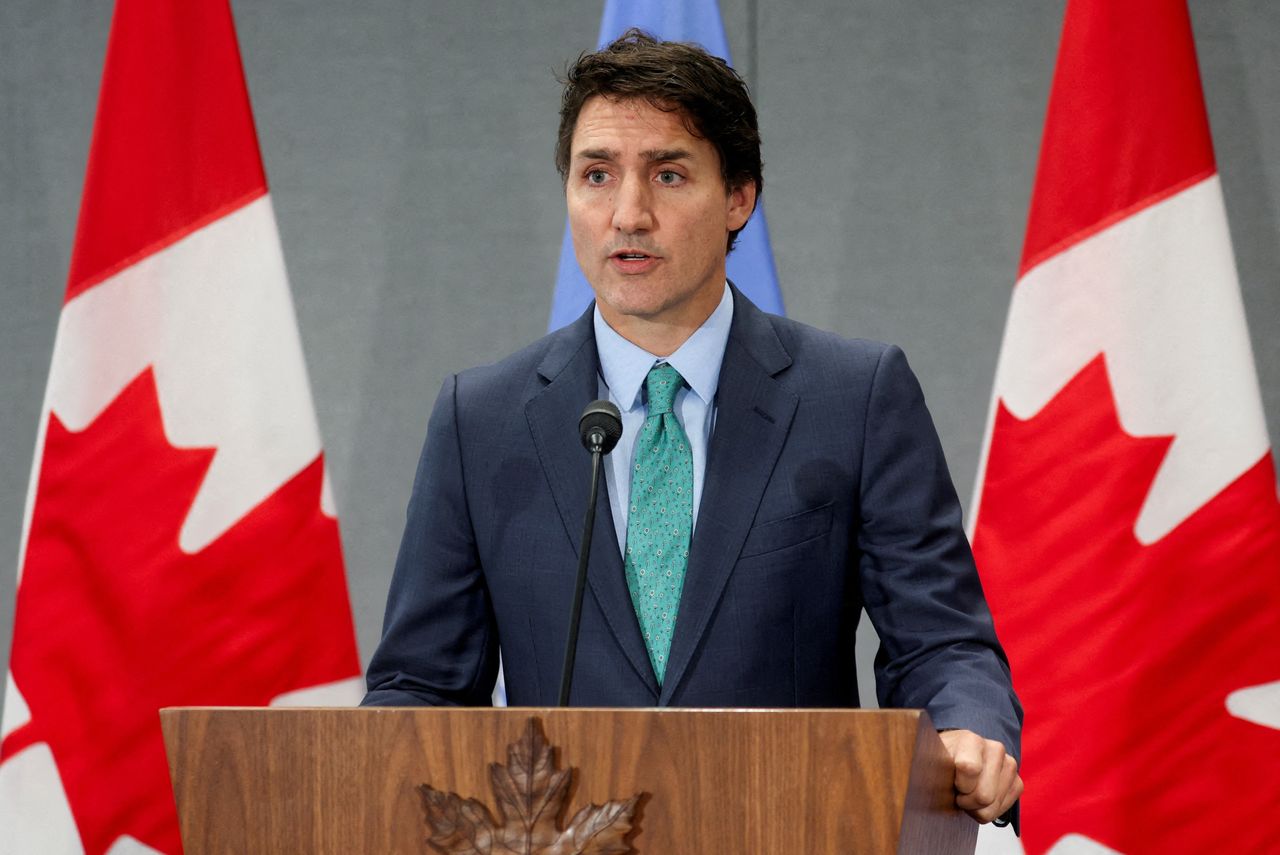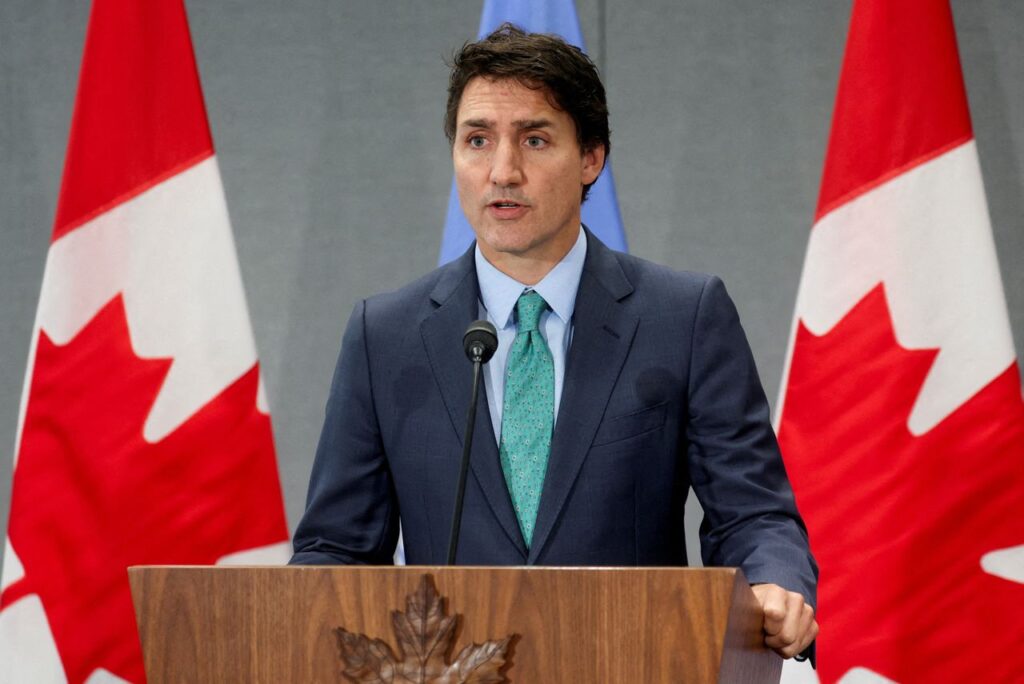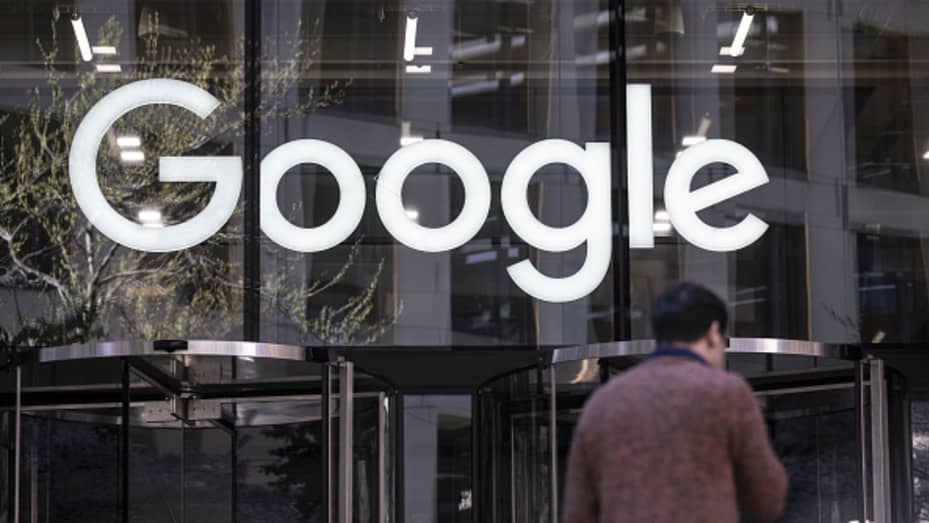Trudeau’s Big Bet to $1.8 Billion Package to Boost Canada’s AI Sector
In a significant move to establish Canada as a global leader in artificial intelligence, Prime Minister Justin Trudeau has announced a sweeping $1.8 billion support package for the country’s AI sector. The funding, aimed at research, development and integration of AI across various industries, underlines Canada’s commitment to advancing technological innovation and economic growth.
A Strategic Investment in Innovation

Image Source: wsj.com
During a press conference in Ottawa, Trudeau highlighted the strategic importance of artificial intelligence in driving future economic prosperity and tackling societal challenges. Trudeau said, “Artificial intelligence is not just a new technology. It is a new way of looking at the world, our challenges and opportunities. With this investment, Canada is placing itself at the forefront of this technological revolution.”
The $1.8 billion package is designed to support a variety of initiatives, including the expansion of research facilities, the development of AI applications in health care and environmental management, and the promotion of ethical AI practices. A significant portion of the funding will also be allocated to skills training and education to ensure a skilled workforce capable of leading AI innovation.
Bolstering Canada's AI Ecosystem
Canada’s AI strategy focuses on promoting collaboration between universities, research institutions and the private sector to accelerate the development and commercialization of AI technologies. This approach aims to create a strong ecosystem that supports startups and established companies alike, promoting both innovation and job creation.
This announcement has been welcomed with enthusiasm by the technical community and academia. “This investment is a game-changer,” said Dr. Yoshua Bengio, a leading AI researcher at the University of Montreal. “This will enable us to attract and retain the brightest minds, push the boundaries of what AI can achieve and ensure Canada remains a major player on the global stage.”
Addressing Ethical and Societal Implications
Recognizing the potential ethical and social implications of AI, the Canadian government has stressed the importance of developing AI technologies responsibly. The funding package includes provisions for the study and implementation of ethical AI guidelines, aiming to ensure that advances in AI benefit all sectors of society without increasing inequalities or violating privacy.
Looking Forward
With this historic investment, Canada aims to not only enhance its competitive edge in the global AI landscape, but also lay the foundation for sustainable growth and innovation. The focus on ethical considerations and workforce development ensures that Canada’s AI sector will grow in a way that respects both individual rights and social values.
As the world races to harness the potential of artificial intelligence, Canada’s $1.8 billion investment is a bold step towards shaping the future of the technology and its application for the betterment of society.







